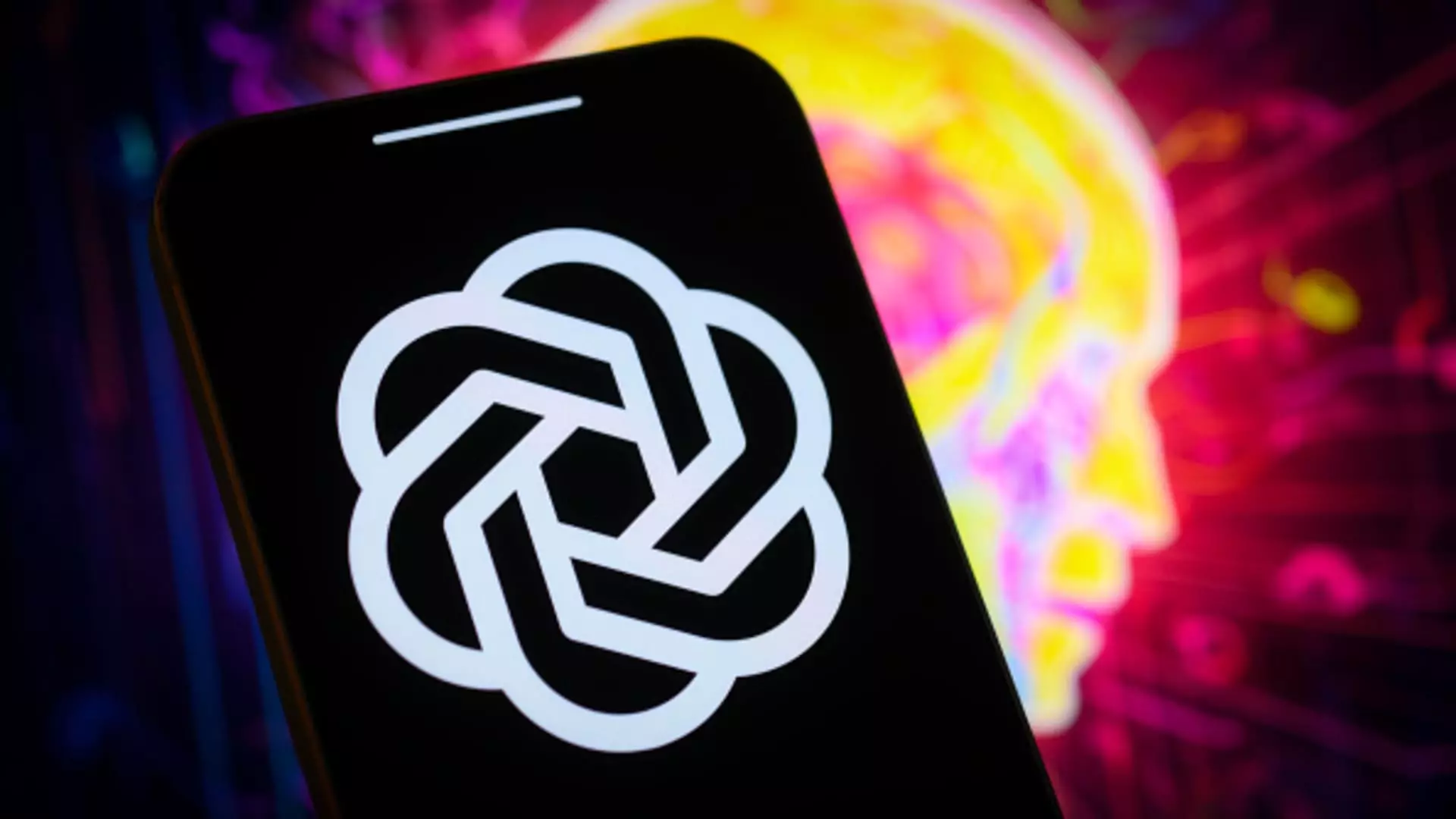In a strategic move that highlights OpenAI’s expanding vision, Caitlin “CK” Kalinowski has been appointed to lead the company’s robotics and consumer hardware initiatives. Previously associated with Meta, first with its ambitious Orion augmented reality project, Kalinowski’s transition to OpenAI reflects the growing intersection between artificial intelligence and physical hardware. Announcing her new position on social media, Kalinowski emphasized her initial focus on integrating AI into robotics, aiming to leverage this technology for tangible benefits to humanity.
This shift represents not merely a change of employment, but a clear indicator of OpenAI’s ambitions to not only dominate the software space with AI chatbots, like ChatGPT, but also to carve out a niche in hardware solutions that incorporate advanced AI functionalities.
OpenAI’s operations appear to be bolstered by strategic partnerships and significant investments that parallel Kalinowski’s hiring. Notably, her arrival coincided with the announcement of OpenAI’s $400 million investment in Physical Intelligence, a startup dedicated to advancing robotics powered by sophisticated AI models. This financial backing not only signifies confidence in the potential of AI-driven hardware but also aligns with the company’s long-term goals to integrate AI seamlessly into everyday experiences.
Helping to spearhead this ambitious agenda, Kalinowski’s experiences with high-caliber tech companies like Apple and Meta position her uniquely in this pivotal juncture. At Meta, she played a crucial role in developing cutting-edge augmented reality glasses, fostering a comprehensive understanding of the hardware-software relationship that will be invaluable as she navigates OpenAI’s hardware endeavors.
Kalinowski’s journey in technology has seen her contribute to significant developments over nearly a decade, particularly in virtual and augmented reality. At Meta, she not only led the Orion project but also had an impactful tenure at Oculus, shaping early virtual reality experiences. Her expertise in both AR and VR technology illustrates a lineage of innovation that she will now carry into the robotics field.
Moreover, Kalinowski’s work history at Apple as a hardware designer for products like MacBooks indicates her seasoned background in creating user-centric technology. This experience is pivotal as OpenAI endeavours to blend AI intelligence with practical applications in robotics, thereby unlocking new potentials and avenues for consumer interaction with advanced technology.
As Kalinowski embarks on this new chapter with OpenAI, it is essential to contemplate the implications of integrating AI into physical manifestations like robots. While the potential for enhancing productivity and improving human life is vast, challenges associated with safety, ethical considerations, and public acceptance are equally monumental. The transition from software-centric AI to a more heterogeneous approach necessitates thoughtful engagement across various stakeholders to ensure that technological advancements align with the needs and values of society.
Caitlin Kalinowski’s role at OpenAI is more than a career move; it is a step toward a transformative vision where AI and robotics converge. With her leadership, we may very well witness groundbreaking innovations that could redefine our relationship with technology in the coming years. As this narrative unfolds, it will be intriguing to observe how OpenAI navigates these challenging waters, aiming to lead the charge in making AI a tangible asset in our everyday lives.


Leave a Reply
You must be logged in to post a comment.